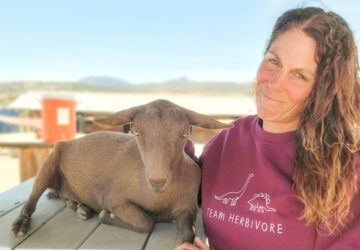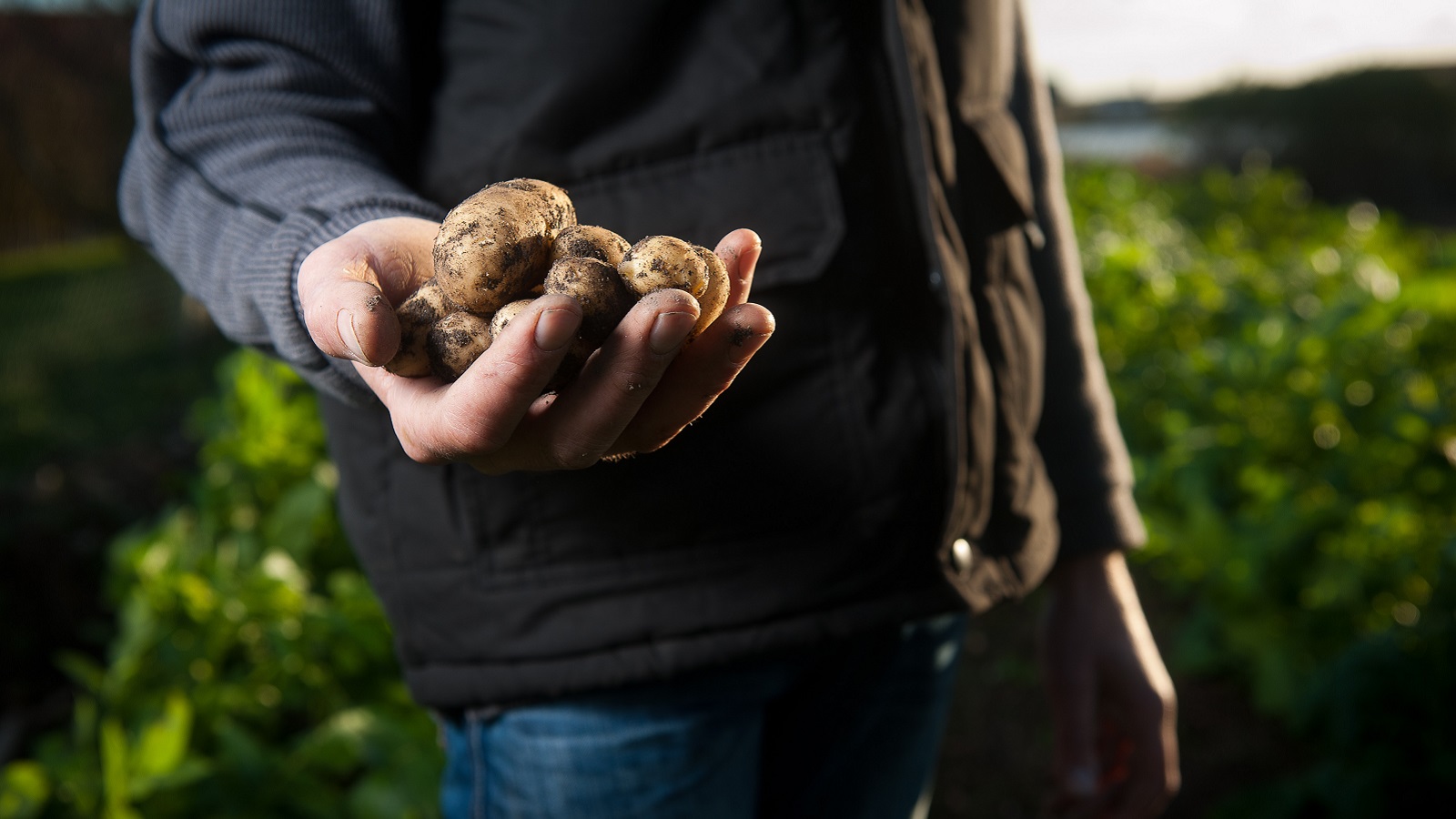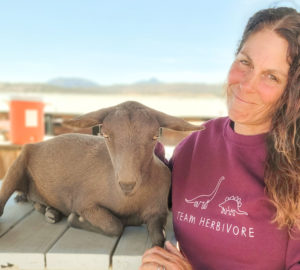Everything you need to know about dangerous glyphosate in your food
Have you heard about glyphosate – a potentially cancerous chemical weed killer that’s sneakily hiding in your food?
If you haven’t, now is the time to learn about it – and how to protect yourself from it.
What exactly is glyphosate?
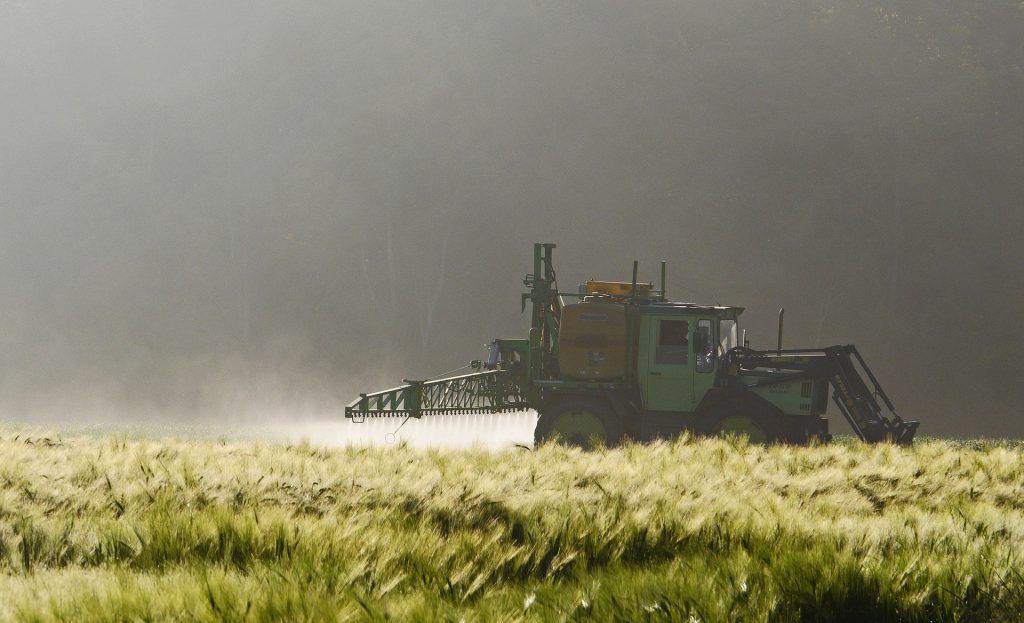
Glyphosate is the most widely used herbicide in the world.
Ever heard of Roundup – a popular weed killer? Glyphosate is its main active ingredient.
It is used on hundreds of agricultural crops to kill off the weeds and make harvest easier – as well as in public places, schools, parks, and people’s gardens.
In fact, its use has increased by 300 percent for agriculture from 1974 to 2014!
Due to many health concerns, it has been banned in several European countries – but not in the US.
What are the problems with glyphosate?
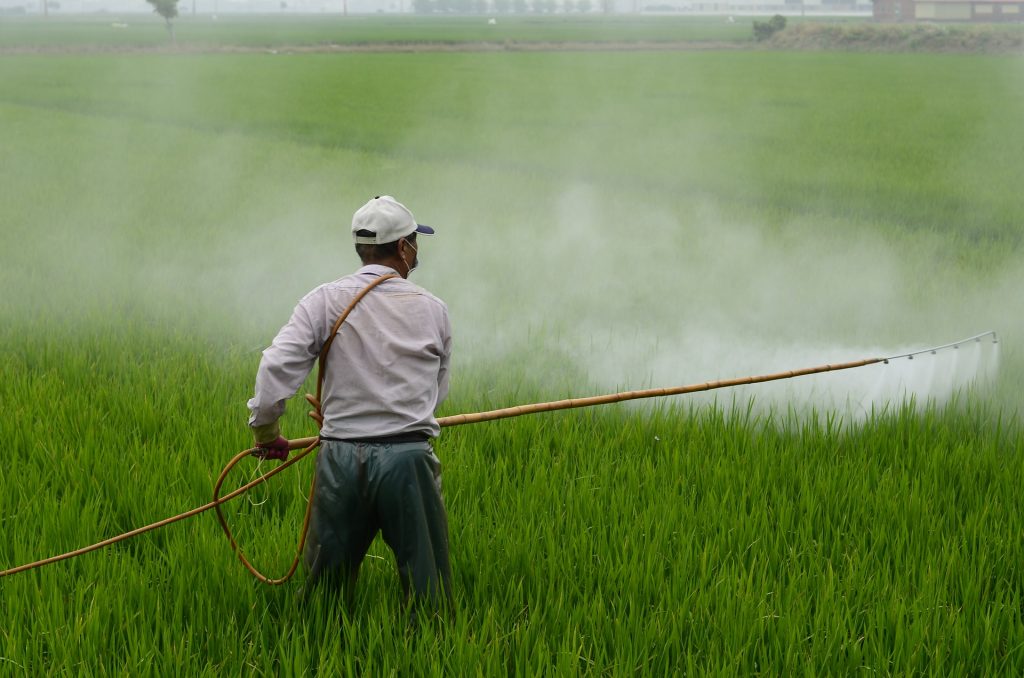
The use of glyphosate has been a widely debated concern for many years.
While early studies suggested it breaks down quickly after being used, more recent studies show glyphosate’s presence is more persistent than initially thought.
Despite the company behind glyphosate claiming it “can be used safely,” scientific evidence suggests it poses serious health risks. Some of the health problems it has been linked to are:
Worst of all, glyphosate is potentially cancerous.
Which crops are glyphosate used on?
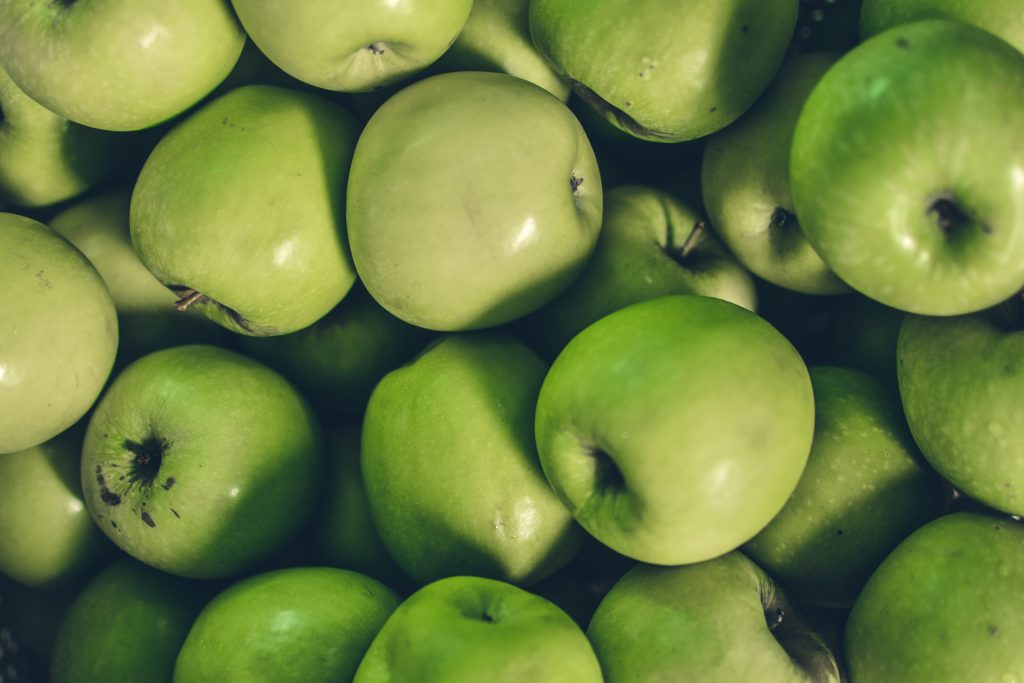
The list of crops contaminated with glyphosate is shockingly long – and is only getting longer.
It contains many of our favorites:
- Avocados
- Green beans
- Soybeans
- Broccoli
- Almonds
- Cauliflower
- Apples
- Peanuts
- Green peas
…and many, many more.
How to avoid glyphosate
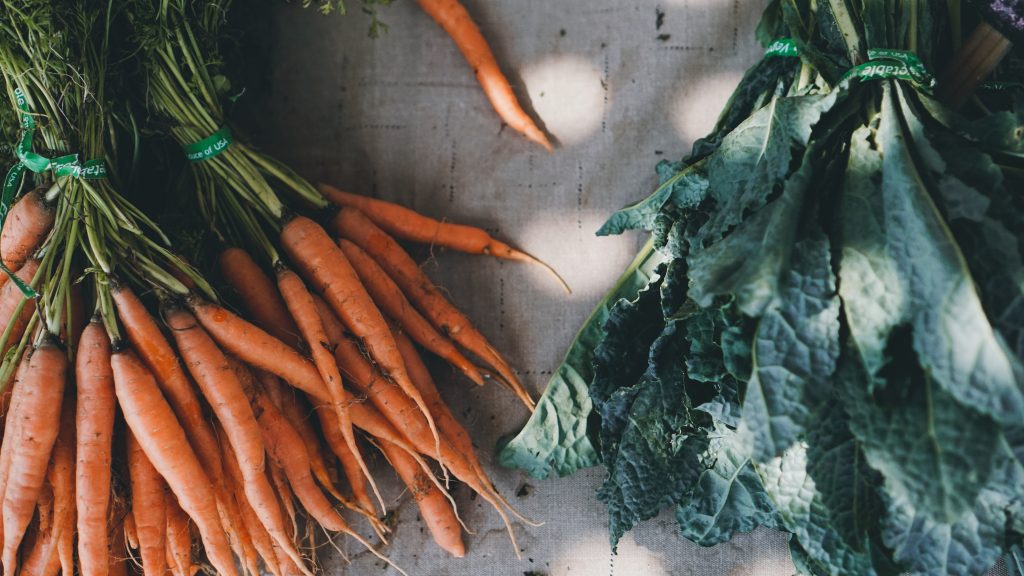
The bad news is that this toxic herbicide can’t be removed from food by washing or cooking.
The good news, however, is that there are ways to reduce your exposure to it!
Here are our tips for limiting your consumption of glyphosate:
- Eat an organic diet. The practice of using glyphosate in conventional farming is widespread. Therefore buying organic produce (meaning no pesticides at all were used on the crops) is one of your best bets to limit your exposure to this toxic pesticide.
- Eat local food as much as you can. Being far away from the source of your food means you know less about it, so try and eat local as much as you can. Eating local in the winter can be a challenge with many popular fruits and veggies dwindling in the supply – but it isn’t impossible. Look for products like spreads and jams made locally, and sign up for a CSA (Community Supported Agriculture) to buy seasonal food directly from your local farmers.
And now – are you ready to learn the truth about the meat industry? Check out this post:



